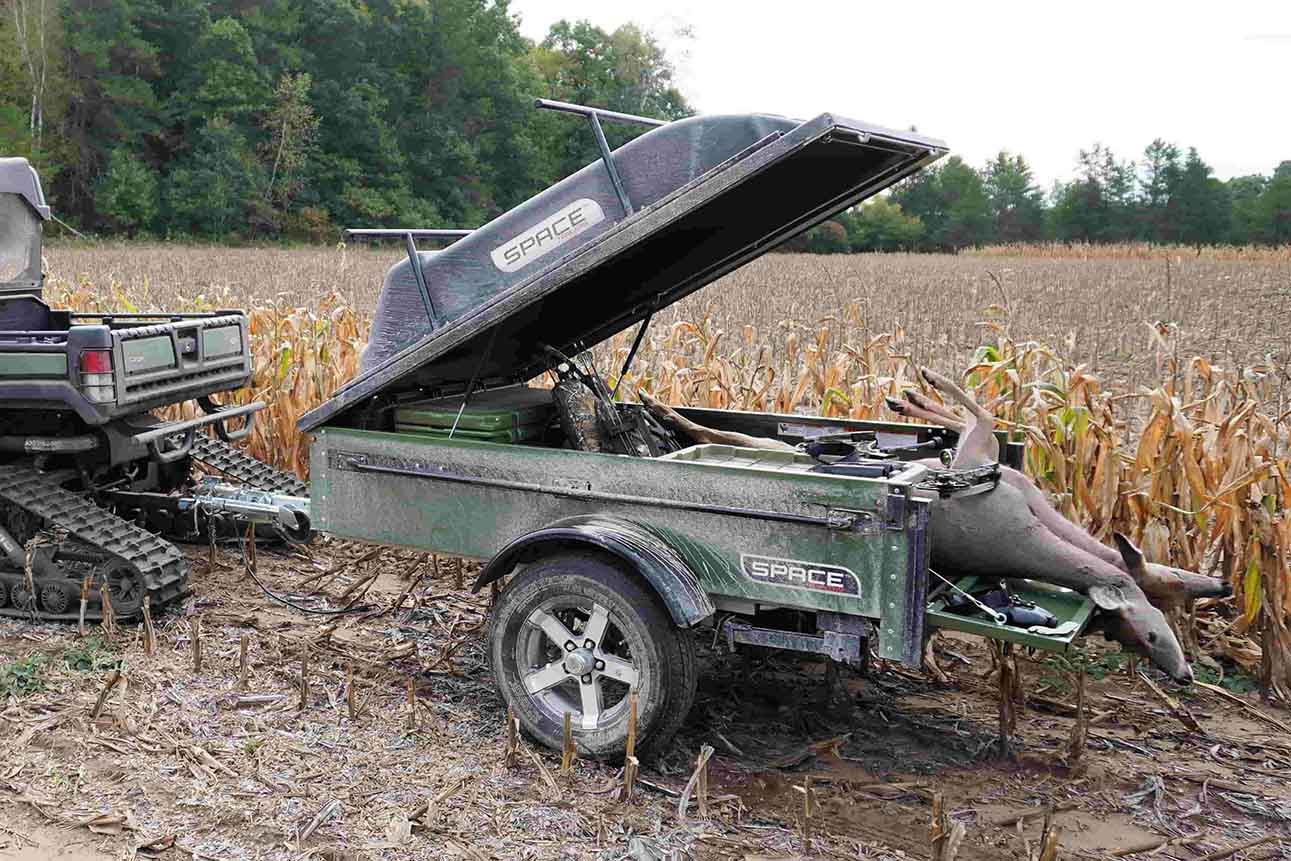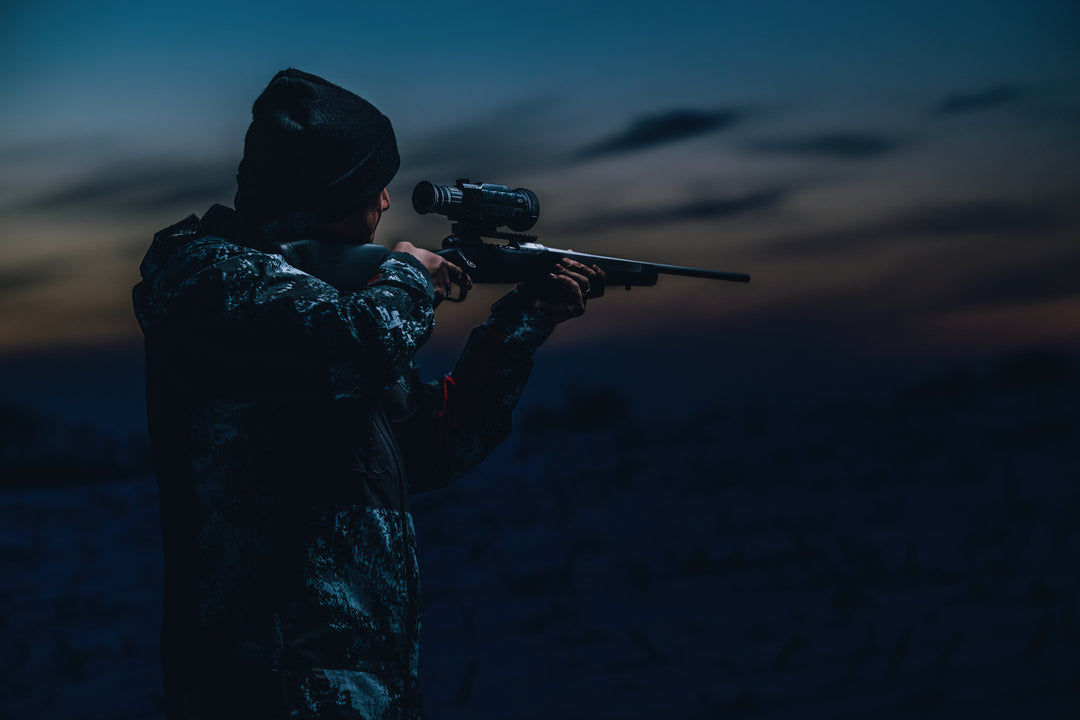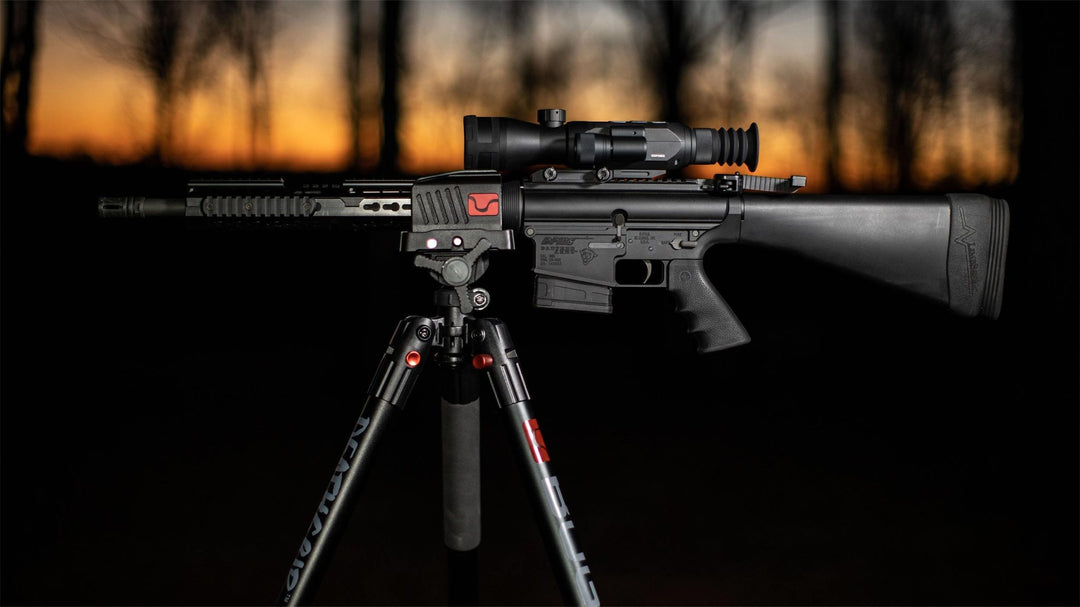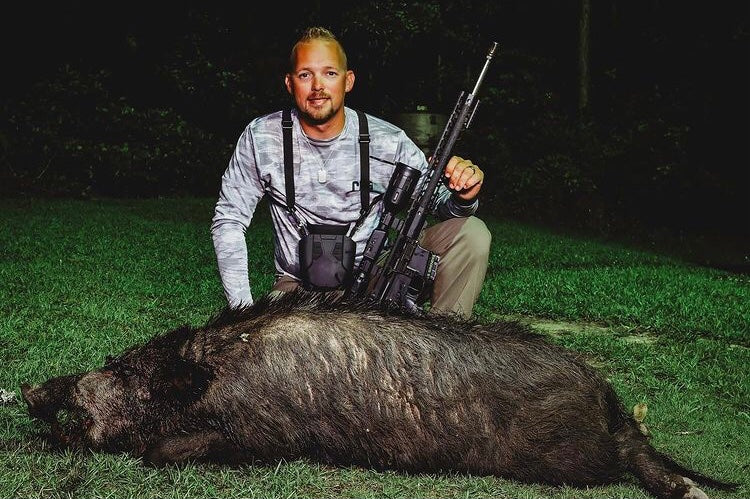Hunting dogs have a long and storied tradition. Man’s best friend has had a role in helping hunt since before recorded history. However, in the late 19th century, regulations around hunting with dogs changed across the United States. For this article, we’ll largely focus on hunting deer with tracking dogs, but also consider reading our article on mountain lion hunting.
Dogs offer hunters an advantage due to their extremely sensitive senses. Dogs also are much more efficient forest travelers, saving hunters energy and time. Hunting with hounds is also is a more active and exciting pursuit. When hunting with hounds, hunters must shoot at mobile flushed deer rather than unaware, ranging deer.
Hunting with tracking dogs offers a massive advantage in tracking wounded animals. Dogs can follow blood trails a hunter won’t even notice. Furthermore, a dog can a deer with its far superior sense of smell. Dogs can find a downed animal hours or even days after it was shot.
Some hunters enjoy hound hunting for its exciting and adventurous nature. Other hunters enjoy raising and training hunting or tracking dogs. Some areas also have professionals who provide their dogs as an on call service.
Before deciding to hunt with dogs, it’s important to understand the rules. Most states ban the practice outright, while others require hunters to keep animals on a leash. Here is a resource detailing various federal and state laws around hunting dogs. Generally, southern states allow dog hunting, but some individual counties have bans or other legislation regarding the practice.



 Why Hunt With Dogs?
Why Hunt With Dogs? Is It Legal in My Area?
Is It Legal in My Area?




